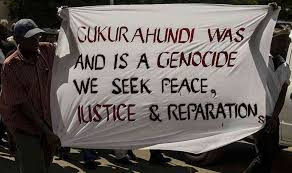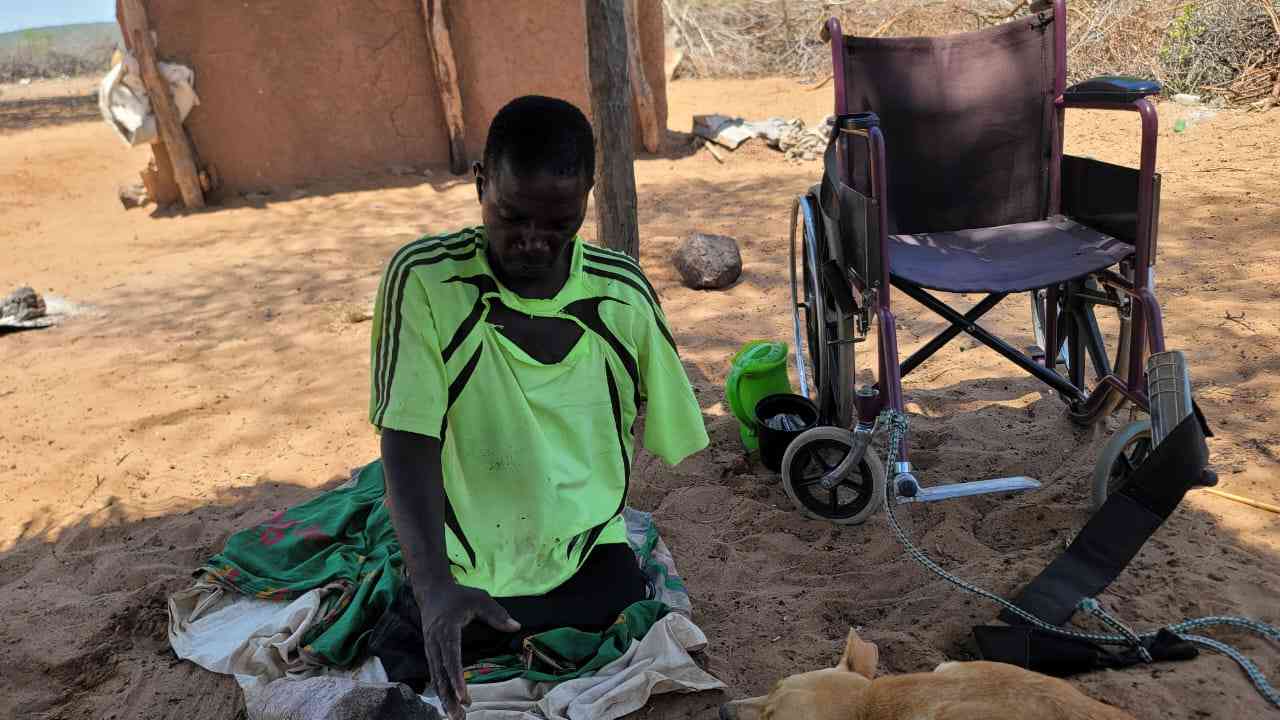
THE Gukurahundi public outreach programme, launched by President Emmerson Mnangagwa in July this year, has been hit by logistical challenges that have grounded the process, NewsDay has established.
But critics have accused the government of a half-hearted approach to resolve the emotive issue, the darkest chapter since Zimbabwe’s independence from British colonial rule in 1980.
Key players in Matabeleland regions this week accused officials responsible for the process of allegedly lacking sincerity to push the agenda.
They ascribed the challenges being faced by the traditional leaders in holding the hearings to the government’s reluctance to address the emotive issue.
The outreach programme is expected to provide a platform for Gukurahundi victims and survivors to present their grievances before a 14-member panel led by traditional leaders.
The Chiefs Council of Zimbabwe recently revealed that crucial logistical arrangements yet to be completed.
President of the Chiefs’ Council Chief Lucas Mtshane Khumalo confirmed that the hearings were yet to begin due to unresolved logistical issues.
“We have not started and we do not know when we will start. There are still some logistics that have not been concluded,” Khumalo said.
- Ziyambi’s Gukurahundi remarks revealing
- Giles Mutsekwa was a tough campaigner
- New law answers exhumations and reburials question in Zim
- Abducted tourists remembered
Keep Reading
He also revealed that logistical challenges included lack of transport, food and subsistence allowances for those participating in the hearings.
Chief Khulumani Mathema from Matabeleland South said he had also indicated during the July launch that the programme could not start without a budget.
“During that launch I made it clear that a budget is needed for the programme, there is no programme that can succeed without a budget.
“It is like trying to start a car without petrol. There must be a budget for the programme to be successful. Even a small event like a wedding needs a budget. What more this big programme cannot succeed without a budget.
“We have never been told of any budget around the programme and if there is no budget, it will be difficult to conduct the programme,” he said.
Political and human rights activists yesterday told NewsDay that they had been vindicated in their pessimism of the process. Bulawayo-based development practitioner Thembelani Dube said the Gukurahundi issue was an extensive project that required maximum input of resources.
“In that regard there is a need for an exclusive budget that caters for such. There is no way the process can kick off if the resources are inadequate,” Dube said.
Information, Publicity and Broadcasting Services secretary Ndavaningi Mangwana yesterday referred all inquiries to Attorney General Virginia Mabhiza.
Mabhiza, who heads the hearings’ secretariat, is reportedly out of Zimbabwe on government business.
But Freedom Alliance national chairman Mqondisi Ndebele said the Gukurahundi programme was clearly flawed and should involve all traditional leaders from across Zimbabwe.
Public policy analyst Samukele Hadebe said the chiefs-led programme seemed to have stalled while the hype had died down both administratively and politically.
“Administratively, the programme never had a clear roll-out plan with timelines and budgetary allocations. If these were there, it is most likely they were hidden from the interested public,” he said.
“These are some of the concerns raised by stakeholders that the process lacked a framework or legislation or even parliamentary oversight hence some of such unexplained delays.”
Human rights activist Effie Ncube said many people expected the outreach to start immediately after the July 14 launch.
“Therefore, the delay is raising many questions among the people. These can quickly turn into doubts and confusion which may undermine public confidence in the process,” he said.
The Catholic Commission for Justice and Peace report estimated that over 20 000 were killed when the North Korean trained 5 brigade rolled into Matabeleland and Midlands provinces to quell an insurgency, although critics say the move was a giant step towards creating a one-party State.
The late former President Robert Mugabe later described Gukurahundi as a “moment of madness” but did not apologise for the killings.
At the launch of the outreach programme in July, Mnangagwa said Gukurahundi will not be a footnote of history adding that the chapter served as a “stark reminder of the fragility of unity and the devastating consequences of disunity”.










